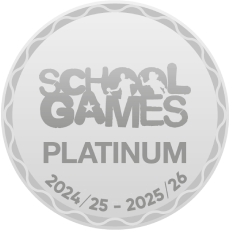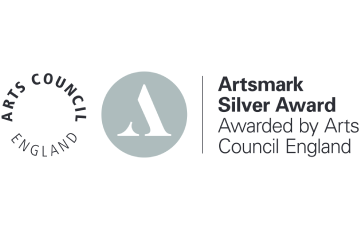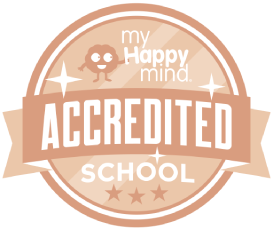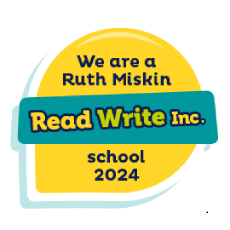Maths
Maths is taught daily in all year groups; usually during a discrete hour long maths lesson. Within these sessions a focus is placed upon the children developing confidence and fluency with their number skills. Times tables, number bonds and mental strategies of calculation are revisited regularly to help children secure these skills.
In all classes the children are taught ways of developing their strategies and understanding by using a range of objects, pictures and then purely numbers to solve problems.
Maths lessons throughout the year cover skills across the following areas:
- Number – number and place value
- Number – addition and subtraction
- Number – multiplication and division
- Number – fractions including decimals and percentages
- Measurement
- Geometry – properties of shapes
- Geometry – position and direction
- Statistics
- (Year 6 only: algebra, ratio and proportion)
KS1
The main focus of mathematics in key stage 1 is to ensure that pupils develop confidence and mental fluency with whole numbers, counting and place value. This involves working with numerals, words and the four operations.
Infant pupils also work on developing their ability to recognise, describe, draw, compare and sort different shapes and use the related vocabulary. They also use a range of measures to describe and compare different quantities such as length, mass, capacity/volume, time and money.
By the end of year 2, pupils should know the number bonds and number facts up to 20 (9 + 7 = 16; 16 − 7 = 9; 7 = 16 − 9).
Years 3 and 4
The main focus of mathematics teaching in lower key stage 2 is to ensure that pupils become increasingly fluent with whole numbers and the four operations. This should ensure that pupils develop efficient written and mental methods and perform calculations accurately with increasingly large whole numbers.
By the end of year 4, pupils should have memorised their multiplication tables up to and including the 12 multiplication table.
Years 5 and 6
The main focus of mathematics teaching in upper key stage 2 is to ensure that pupils extend their understanding of the number system and place value to include larger integers. They develop connections between multiplication and division with fractions, decimals, percentages and ratio.
By the end of year 6, pupils should be fluent in written methods for all four operations, including long multiplication and division, and in working with fractions, decimals and percentages.
Scheme of learning
At Elton we use the White Rose Scheme of Learning. I can find overviews in the files section. You can access the small steps at
https://whiteroseeducation.com/resources
We use Version 3
Teaching for mastery
At Elton Primary School we use a mastery approach to maths teaching. This is a research-driven teaching and learning method that meets the goals of the National Curriculum.
What does it mean in practice? In summary, a mastery approach…
- Puts numbers first: Our schemes have number at their heart, because we believe confidence with numbers is the first step to competency in the curriculum as a whole.
- Puts depth before breadth: we reinforce knowledge again and again.
- Encourages collaboration: children can progress through the schemes as a group, supporting each other as they learn.
- Focuses on fluency, reasoning and problem solving: it gives children the skills they need to become competent mathematicians.
Concrete Pictorial Abstract
At the heart of our mastery approach is the Concrete Pictorial Abstract (CPA) approach. Research shows that when children are introduced to a new concept, working with concrete physical resources and pictorial representations leads to a better understanding of abstract concepts. We use CPA throughout our teaching and learning
Our approach helps pupils with problem solving and number fluency, by nurturing confidence in mathematical thinking. We don’t think any child should be intimidated by numbers. In fact, we think they should be excited by what numbers can help them do.
We provide rich learning opportunities including:
- Use maths games and other activities to make maths fun
- Explain core maths concepts and use our colourful, activity-based resources to make them stick
- Follow a logical, step-by-step scheme of work as it guides teaching priorities throughout the school year
- Provide opportunities for more able pupils to explore mathematical concepts at a deeper level, while making sure no child falls behind






